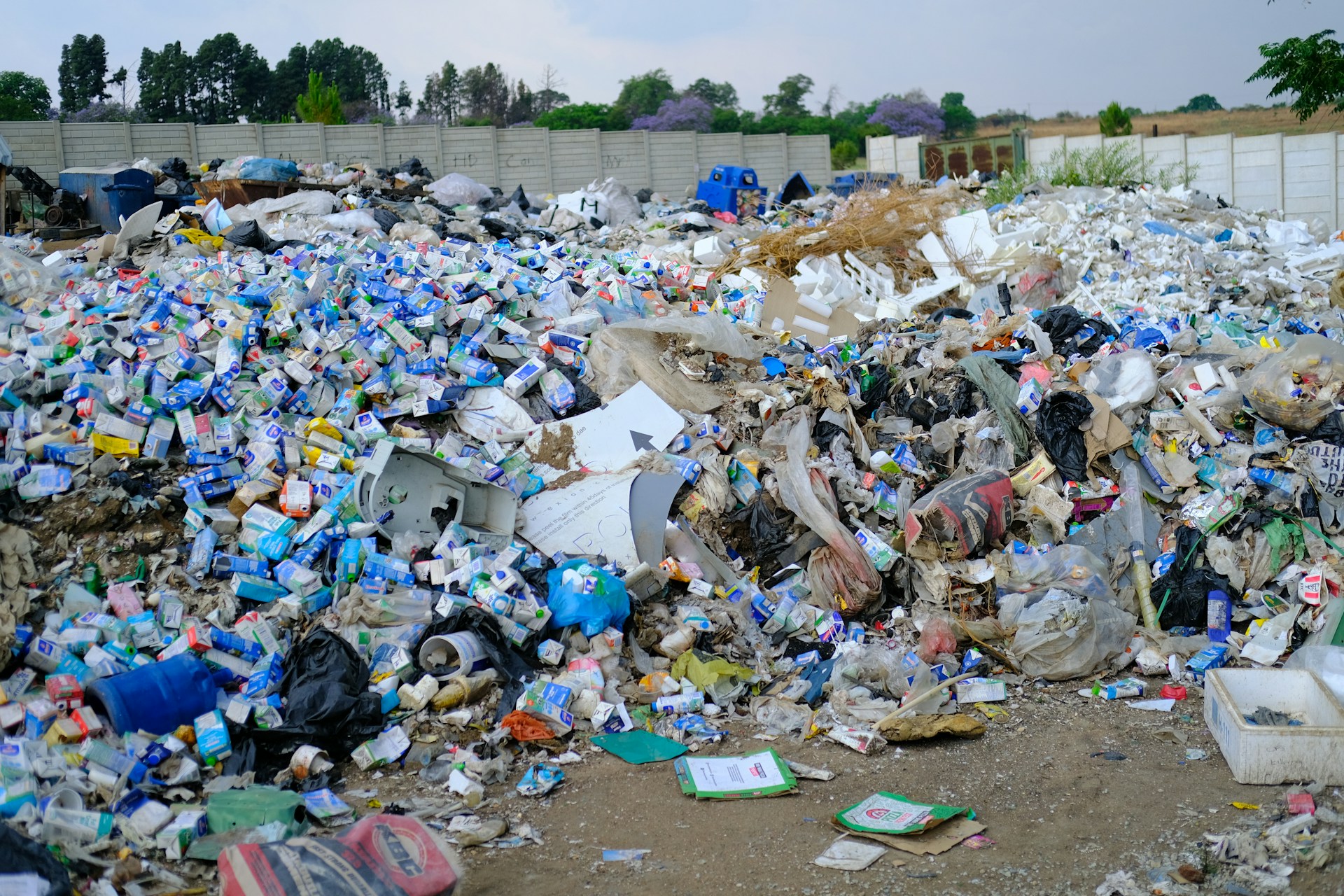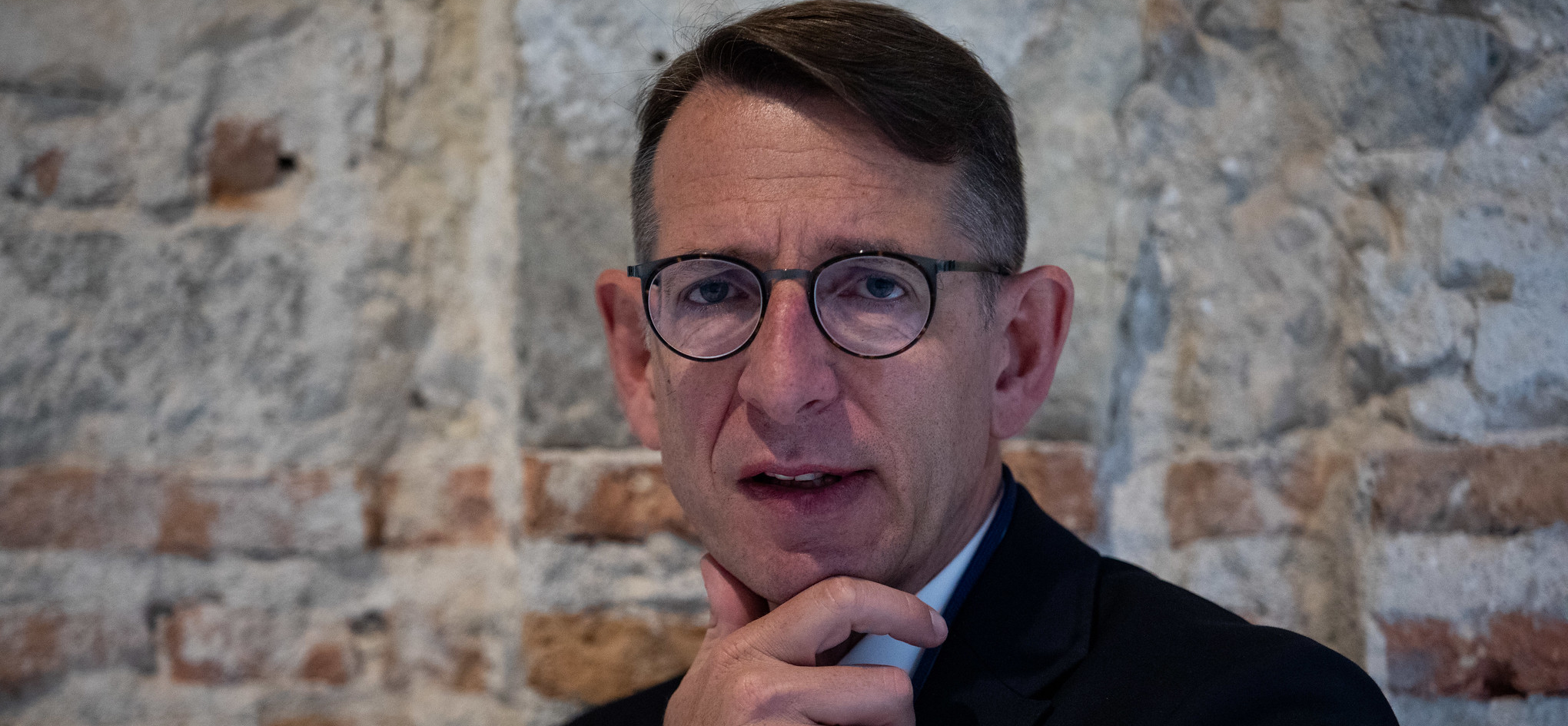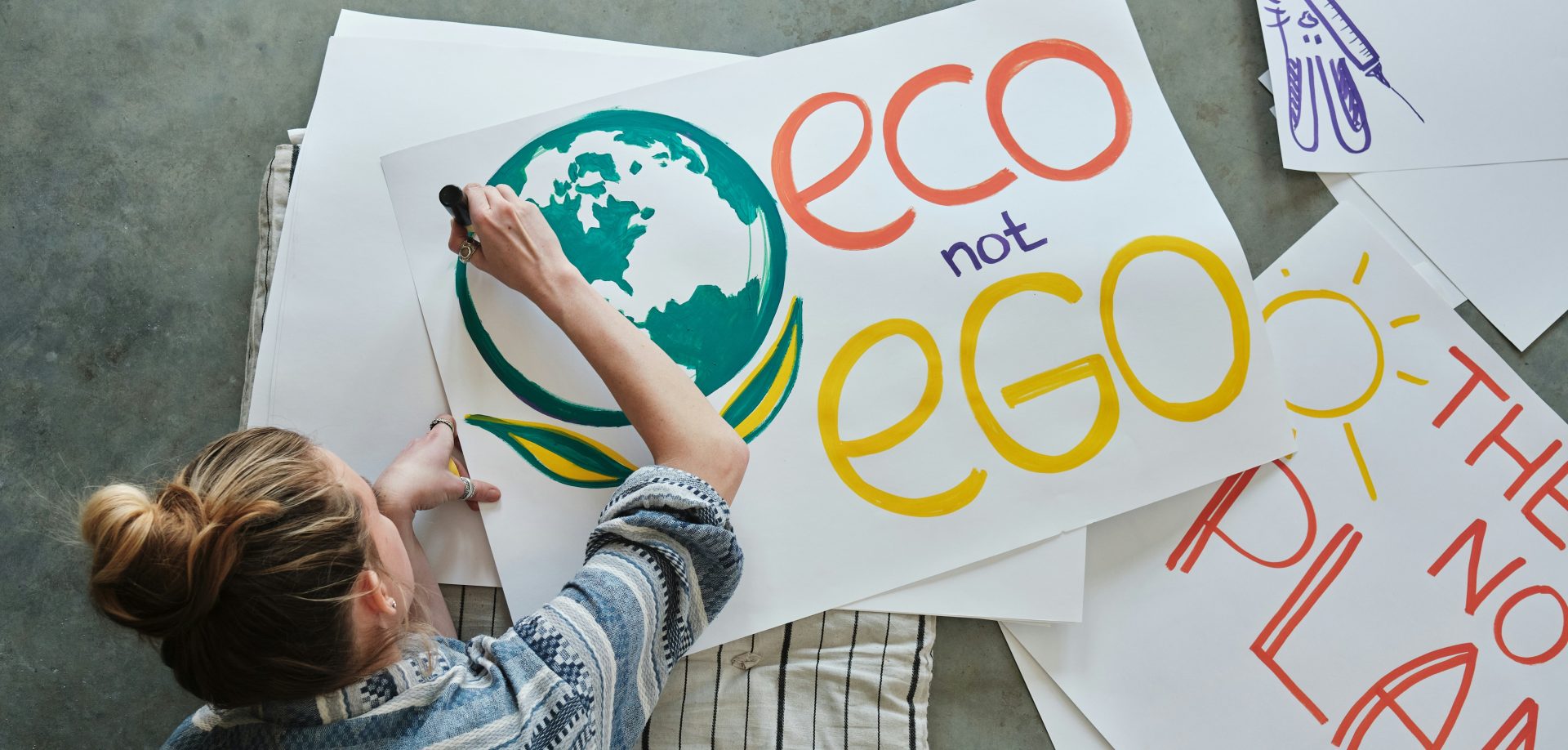Moderating the Overdemanding World
Modern society is characterized by unprecedented consumption, overuse of resources, wastefulness, and a disconnection from the natural limits of the earth. At the heart of this issue lies an “overshoot crisis”, where humanity’s ecological footprint far exceeds the planet’s ability to regenerate.
According to global estimates, we now need the equivalent of 1.7 earths to sustain our current rate of consumption. This unsustainable trajectory, fueled by overconsumption, impulse buying and rapid dumping of goods, poses an existential threat to both the environment and future generations.
The overshoot crisis stems from our relentless pursuit of material goods and conveniences at the expense of natural ecosystems. Modern economies are driven by the principles of growth and consumption, often encouraging people to buy more than they need.
A report by the UN International Resource Panel, reveals some disturbing facts: “Material use has increased more than three times over the last 50 years.” Further adding, “a projected 60% growth in resource use by 2060 could derail efforts to achieve not only global climate, biodiversity, and pollution targets but also economic prosperity and human well-being.”
Given these alarming statistics, we are but forced to ask ourselves: How can we moderate our consumption patterns to achieve a more harmonious relationship with the planet? How behavioral modifications, reduced consumerism, and responsible resource use can lead us towards a more balanced and sustainable future?
The Problem of Impulse Buying
Technological advancements, fast fashion, and disposable culture have exacerbated the problem. Today, companies churn out products designed to have a short lifespan, driving frequent purchases and fostering a throwaway mentality. Impulse buying – a psychological response to well-crafted marketing strategies – further fuels this cycle of overconsumption, as individuals acquire goods they don’t need or even want, often leading to immediate disposal.
According to UNEP’s Assistant-Secretary General Ligia Noronha, this throwaway culture is driving “triple planetary crisis”. Not just increasing problem of pollution and waste, but also crisis of climate change and loss of biodiversity and nature. She further warns that, “over two billion tons of municipal solid waste were produced in 2020. We are heading for close to four billion by 2050. This is incompatible with our climate, nature, and sustainable development goals. Our planet cannot give of resources endlessly. Our atmosphere, our waters, our soils cannot absorb infinite poison and filth. We need to move to a zero-waste society.”
It is essential to shift towards a more mindful and conscious approach to consumption, if we are to tackle the problem of impulsive buying. Behavior modifications, rooted in an understanding of psychological triggers that lead to over consumption, can help individuals make more thoughtful decisions about what and how they buy.
This topic will be discussed at the Horasis Global Meeting in the city of Vitória, Brazil. The meeting is scheduled to take place between 25-26 October 2024, bringing together business and public leaders to help bridge divides between the North and South economies to help address global challenges.
Striking a Balanced Future
Achieving a more sustainable balance between consumption and resource use requires a multilateral approach between governments, businesses, and individuals.
Governments need to enforce policies and regulations that strive to promote reduced waste generation, promote circular economy practices, and encourage sustainable procurement policies. Businesses also need to do their bit by designing products that are durable, easily recyclable, and not harmful for the environment. Using their marketing prowess, businesses could also imbibe a culture of reduced consumption and recyclability among their consumers.
And as individuals, we need to start reflecting on our needs when making purchases. By asking questions such as “Do I really need this?” and “What impact will this product have on the environment?”, consumers can avoid impulse buying and make choices that are better aligned with their values and the environment.
UNEP recommends three things that we can do:
- We can start by cutting waste before it is even produced. For instance, by implementing zero-waste initiatives in “cement, aluminium, steel, plastics and food alone can eliminate almost half of the emissions from the production of goods – equivalent to cutting current emissions from all transport to zero.”
- We can also start changing our mindset around how we treat waste. Realizing waste recyclability, can have a positive effect of less waste ending up in landfills; and more jobs being created in the reuse and recycling industry.
- Leaders from governments, businesses, and communities need to stand together to achieve a better bio-balance and ensure a healthier planet for future generations.
Photo Caption: Mankind must actively participate in reducing waste.



